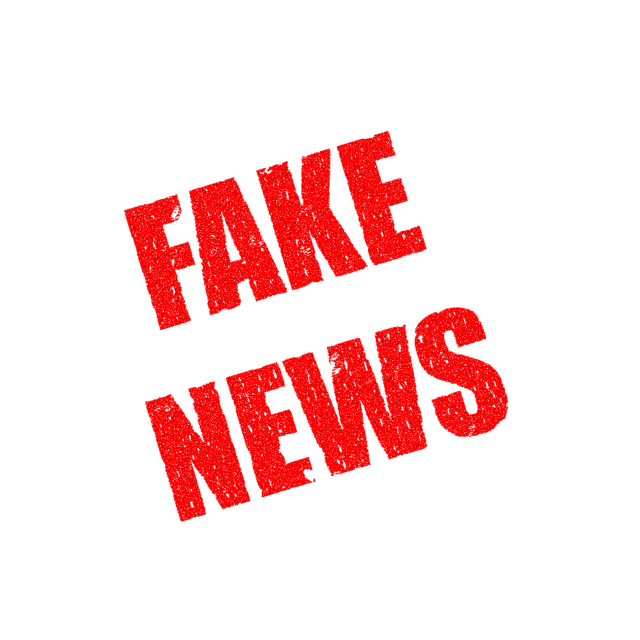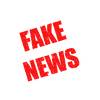clear

source:
HypnoArt
By naming articles reported by the U.S press as fake news, Donald Trump is turning his followers against the daily press. This is incredibly dangerous for society and democracy as it means their news reporting might always be seen as dubious by Trump supporters. In creating this "fake news" idea, Trump has given his followers are constant reason, and constant answer, for any bad publications regarding what Donald Trump does and says as a Leader. In his followers eyes, many will see the President as a truthful figure - and now with the press having been branded as publishing fake news items, they'll be incredibly likely to believe everything that comes out of Donald Trump's mouth and not the press. The danger? There's a hole host of wrongdoings Donald Trump could now get up to, that he wouldn't have to fear would turn his followers against him. Quite simply he could do what he likes, and say the press are lying.
 0
0
clear
A vital part of an democracy is its 'fourth estate' - the free press. Without a media that is free to report on the activities (and possible wrongdoings) of the government, citizens are in no position to make informed decisions about who they are voting for, since they are in the dark about what their potential leaders are actually up to. So without a free press governments can get away with shaping the nature of debate and close down other ways of looking at things. However, the downside of a truly free press is that they are at liberty to say anything they like, whether it is accurate or not.
In the US there has been a proliferation of news and opinion channels over the last thirty years, particularly marked by the rise of often right wing talk radio and, of course, Fox News. These media sources have been joined by internet based commentators and news sites. The nature of internet news, and how it is shared on social media, is that it becomes increasingly difficut to know what is or isn't a trusted source, when news and opinion sites big and small, trustworthy and untrustworthy, can have similar branding and both look equally bona fide. This is what led to the 'fake news' controversies of the 2016 election, where entirely invented stories attributed to sites that looked like they might be genuine news sites, were shared on social media by people that wanted to believe they were true.
Many of Trump's supporters are consumers of more opinion than fact based channels, such as Fox News or Bretbart. The consistency of opinions that come out of such sources can often be so at odds with the more mainstream media that it leads to the feeling, from trump supporters, that there must be some sort of liberal media conspiracy against what they see as the truth.
When Donald trump casually brands critics, or even dispassionate observers, including CNN and even the UK's highly regulated state broadcaster, the BBC as purveying 'fake news' he is helping to create an environment where the only truth is what news consumers choose to believe, and thus where voters are increasingly unable to make informed choices about who they vote into government.
 0
0
clear
 Andrew Tildesley
6 years, 11 months ago
Andrew Tildesley
6 years, 11 months ago
Fake news, like the irresistible rise to presidential power of billionaire businessman, TV celebrity and unapologetic misogynist Donald Trump, is a modern phenomenon. In many ways the two seem inextricably linked, as fake news is readily associated with Trump, a phrase appearing time and again in his pronouncements and Tweets.
There is, of course, nothing new about 'fake news' other than its contemporary manifestation as a media buzzword (or two buzzwords.) It used to be called propoganda. Totalitarian regimes the world over have used their press stooges to disseminate falsehoods, semi-truths and outright lies, creating a climate of suspicion where contrary opinions became labelled as subversion.
Thankfully, this backdrop is no longer the case. Modern communication means that as long as a government isn't suppressing access to URLs, political dissent can flourish across the internet, and for all that Trump's supporters will lap up each of his 'fake news' accusations, his opponents can very easily unearth the truth and present it just as universally.
Is it dangerous for the supposed 'head of the free world' to be indulging in spreading something as inane as fake news? Perhaps. But it's also a symptom of a political figure who doesn't know the difference between Kurds (an ethnic group prevalent in Turkey, Iraq and Iran) and Quds (an Iranian militia), and who should perhaps listen to his advisors more and indulge in sweeping statements less.
 0
0
clear

Sign up to post or vote on answers.
Improveo will help systemize your knowledge.
